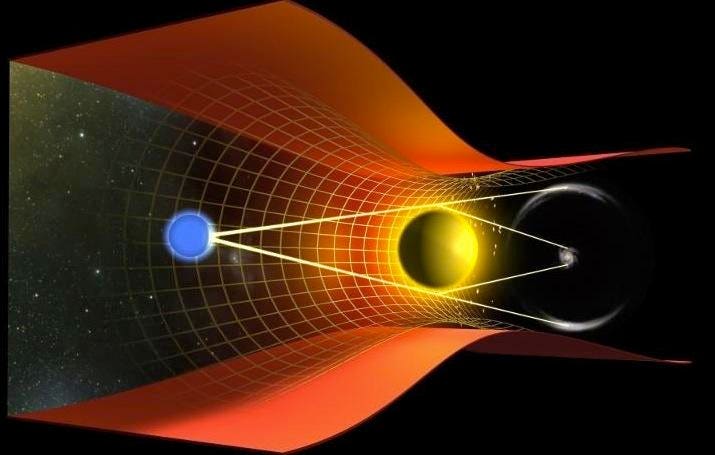Thenami, that's some heavy stuff.
My walk with Christ has been interesting. It took me over 50 years to get here, so I am still walking slowly to make sure I walk the right path. I do both milk and meat, but sometimes the meat is actually poultry to help me digest better.
I've been a member of my current church for almost a year. To date, I have not missed a single sermon and, as this weekend would attest, I spend a great deal of my time serving the church (this weekend, almost 12 hours between helping a local school paint on Saturday and providing security for two of the three services we had on Sunday). For the record, I have not missed a sermon because I do don't want to and I understand that we are saved by faith and not works.
At it turns out, I am the only member of my family that attends church. I guess you can say that I am the only person in my family that is actually taking the walk with Christ. The good news, if one can call it that, is that no one in my family has an issue with the new me and I do what I can to help them find their way as well. What can I tell yah; my son claims to be an atheist, daughter-in-law was raised as a Mormon and wants nothing to do with any church, and my wife is a non-practicing Catholic. Despite this insanity, we have been able to exist with no issues and, for the moment, I am working on the daughter-in-law

We (my church) also has what we call "small groups" which is basically a bible study groups. We meet on Mondays for around three hours. In my case, my small group consists of the same people I serve with as part of the church's security team. Aside from our Monday night meetings, we also communicate throughout the week through the WhatsApp application. This technology allows us to continue the fellowship seven days a week and I have found it a great way of lifting each other up and motivating us throughout the trials and tribulations that we all face from time to time.
As for me, I find myself very thirsty. I tend to spend most evenings reading the Bible (my daily bread) and as much of other sources as I can find. My struggle is that I am an academic by nature and find myself needing to look deeper into the background on who wrote what , when, to whom, and why (aka: context). As an example, we just finished reading the book of Noah. I spent countless hours reading many debates over the great fish, a whale, etc. At the end of the day, this is about one of God's miracles and that is that. On the other hand, I did learn that the greatest fish we have is the whale shark. It has a mouth large enough to swallow a man, but a throat that is only around four inches wide (this is why it only feeds on plankton including copepods, krill, fish eggs, etc).
Anyway, just felt like sharing. I am, without question, a work in progress. While I spend most of my time recovering from the stumble, I like that I stand back up and keep on walking every time. Reading your comments helps a great deal.
rtm3039


 www.forbes.com
www.forbes.com


 www.forbes.com
www.forbes.com

